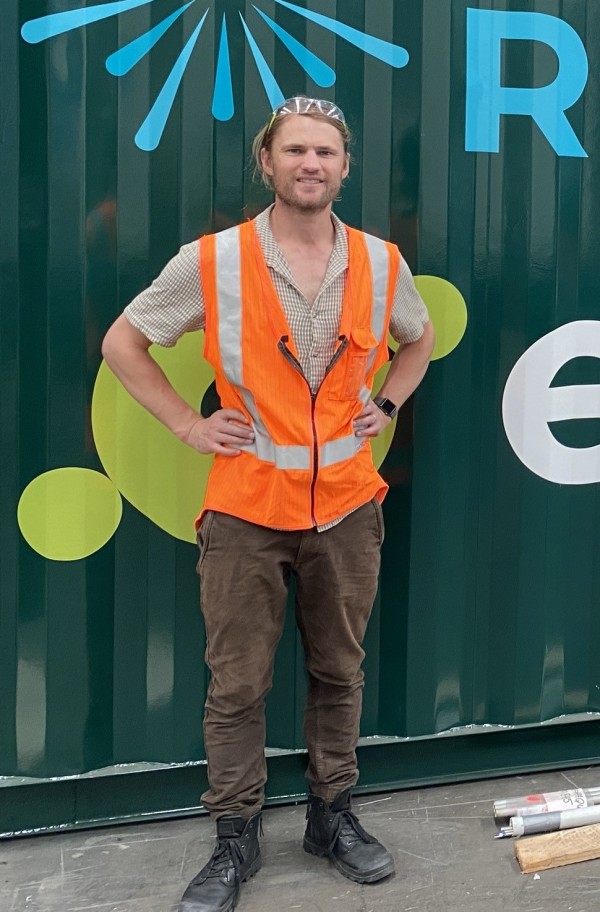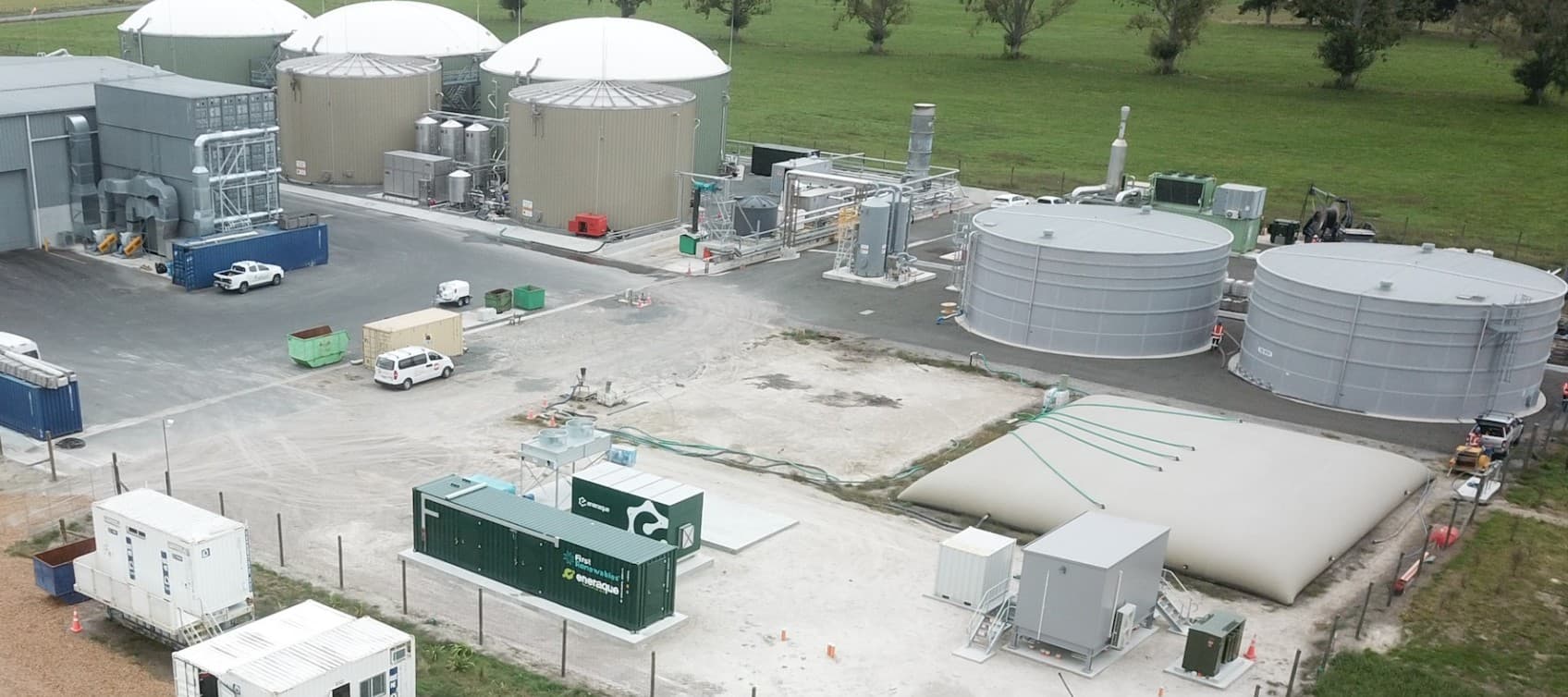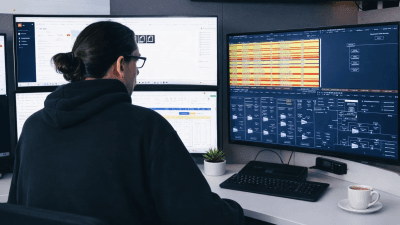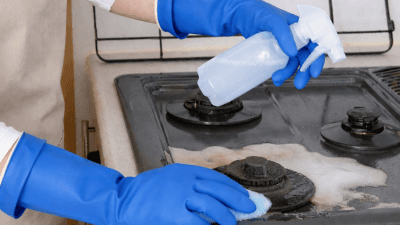Clarus company, First Renewables is close to completing work on an exciting New Zealand-first renewable gas project that will turn food scraps into biomethane.
First Renewables, part of Clarus, is constructing a state-of-the-art plant in Reporoa, that will upgrade biogas into biomethane. The biogas comes from the Ecogas Organics Processing Facility on site, which uses anaerobic digestion to transform Auckland’s household food waste into heat, regenerative fertiliser, and biogas.
The new First Renewables plant will refine that biogas into biomethane, which is a chemically identical renewable substitute for natural gas. The biomethane will be injected back into the Firstgas pipeline to help reduce greenhouse gas emissions throughout the North Island’s gas supply.
“There’s a real sense of momentum”
To get some insider knowledge of what’s happening on the new plant, we spoke to Tim Lepper, the Senior Project Manager. He says it’s been an inspiring and challenging task that has taken many years to bring to fruition. Site works commenced in late 2023 and the first biomethane will be available later this year.

“It took 18 months of planning, documenting and detailed design to get to the start of the construction. The foundations are now largely completed, many of the major pieces of equipment have been landed and the next phase is finishing off mechanical and electrical work scopes,” Lepper explains.
“There’s a real sense of momentum now – I get quite excited when I start to see physical things being bolted down to the ground, and pipework being built and installed. We’re at the stage where everything’s happening.”
“There have been plenty of challenges along the way, he adds, and it’s been a serious learning curve for someone whose background is in project management and geotechnical engineering. All the vendors were offshore, and there were local regulatory requirements that had to be met, alongside the usual stresses of delivering any grand design.”
However, Lepper says one of the joys of his job is solving a wide array of problems on this fascinating project. And creating a facility that will help reduce emissions is also a major motivator.
“Every molecule of biomethane we can inject into the network is a molecule of natural gas that can stay in the ground. That methane is already in circulation in degrading food matter, so we don’t have to keep extracting it from the depths of the planet.”
Making renewable energy affordable for businesses
Having worked at Clarus for the past six years, Lepper says the company’s genuine commitment to investing in renewable energy has made it an inspiring place to work.
“We’re involved in solar which a few companies are doing, and hydrogen, which only a small number are dabbling in – and what we’re doing with biogas is unique,” Lepper says. “I see Clarus as a leader in renewable energy. We are really stepping into that space.”
Lepper is highly optimistic about the future of biomethane as one way to help decarbonise the energy sector. It will cut greenhouse gas emissions while also providing an affordable and reliable energy source for industrial applications that must rely on gas. He is anticipating the day the facility will be switched on and hopes the plant will showcase the technology and efforts being made to decarbonise our economy.
“This is a shift away from traditional fossil fuels, and I’m hoping it’s used as a stepping stone to more of these types of projects across our network. I’m looking forward to taking people on site tours – and once we hit the button and start producing gas I’ll start sleeping better at night”
To learn more about how Clarus is supporting the transition to a net zero carbon New Zealand, visit www.clarus.co.nz/future-of-energy.





